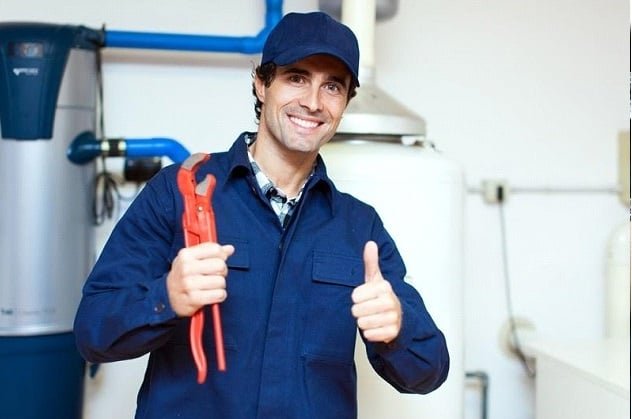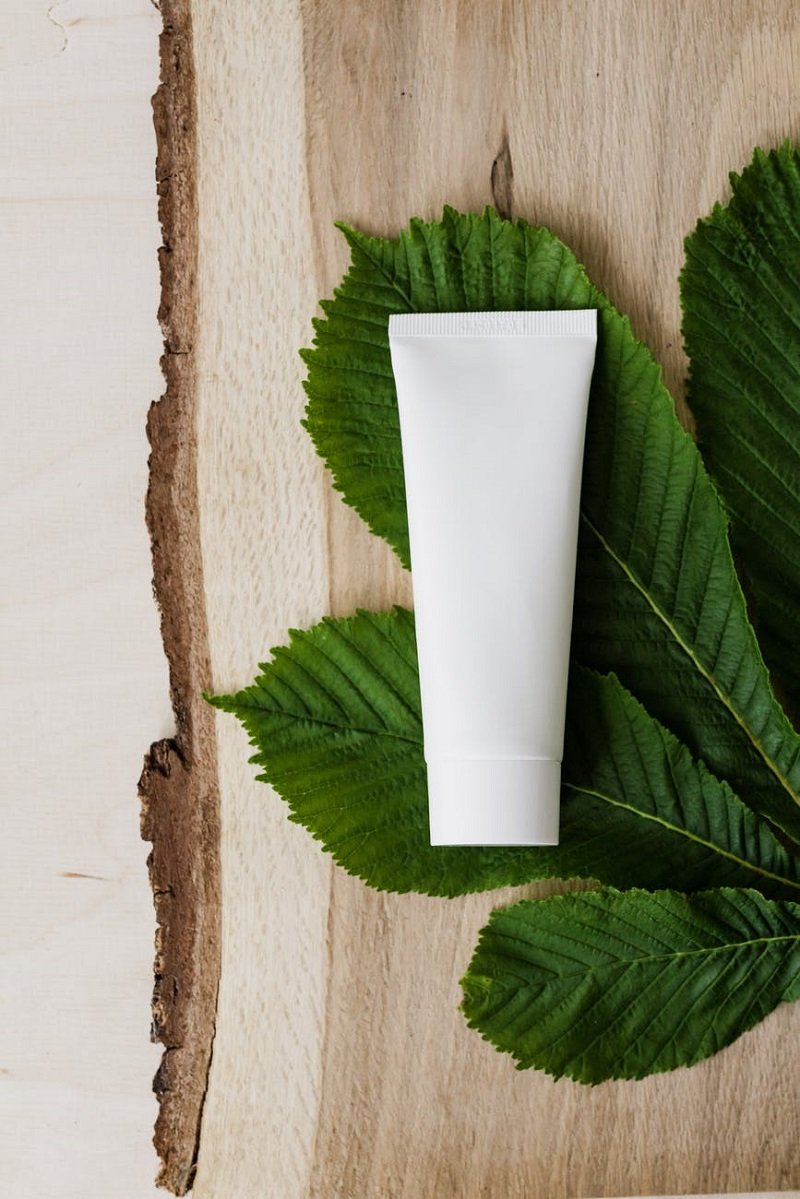Drains are the unsung heroes of our homes, quietly carrying away waste and water to keep our lives running smoothly. However, when they become clogged, it can disrupt our daily routines and lead to frustrating and costly plumbing issues. Fortunately, there are several preventative measures you can take to keep your drains flowing freely. In this blog, we’ll explore some practical tips to prevent your drains from blocking and save yourself from the headache of plumbing emergencies.
Understanding the Causes of Blocked Drains: Before diving into prevention strategies, it’s essential to understand what causes drains to block in the first place. Common culprits include:
- Hair: Long strands of hair can accumulate in shower drains and trap soap scum and other debris, leading to blockages.
- Food Waste: Grease, oil, and food particles can build up in kitchen sink drains, especially if not disposed of properly.
- Soap Scum and Mineral Buildup: Over time, soap residue and minerals from hard water can form deposits inside pipes, reducing water flow.
- Foreign Objects: Items like cotton swabs, dental floss, and sanitary products are not meant to be flushed down toilets but often end up causing blockages.
- Tree Roots: In outdoor drains and sewer lines, tree roots can infiltrate pipes in search of water, causing cracks and blockages.
Now that we understand the common causes let’s delve into prevention strategies:
Regular Maintenance: Regular maintenance is key to preventing drain blockages. Here are some maintenance tasks you can perform:
- Routine Cleaning: Regularly clean your drains using natural solutions like a mixture of baking soda and vinegar or enzyme-based cleaners. Avoid using harsh chemicals, as they can corrode pipes over time.
- Hair Strainers: Install hair catchers or strainers in your shower and bathtub drains to trap hair and prevent it from entering the pipes.
- Grease Disposal: Dispose of grease, oil, and fat properly by collecting them in a container and throwing them in the trash instead of pouring them down the drain.
- Hot Water Flushing: Once a week, flush your drains with hot water to help dissolve soap scum and loosen buildup.
- Tree Root Inspection: If you have outdoor drains or sewer lines, periodically inspect them for signs of tree root infiltration and consider professional root removal if necessary.
Preventative Habits: In addition to regular maintenance, adopting preventative habits can help keep your drains clear:
- Mindful Disposal: Be mindful of what you’re putting down your drains. Avoid flushing items like paper towels, wipes, and sanitary products, as they can easily cause blockages.
- Food Scrap Disposal: Use a sink strainer or compost food scraps instead of rinsing them down the garbage disposal.
- Regular Inspections: Periodically inspect your drains for early signs of blockages, such as slow drainage or unpleasant odors, and address them promptly before they worsen.
- Educate Household Members: Educate everyone in your household about proper drain maintenance and disposal practices to ensure everyone is on the same page.
Professional Assistance: Sometimes, despite our best efforts, drain blockages still occur. In such cases, it’s best to seek professional assistance:
- Plumbing Inspections: Schedule regular inspections with a professional plumber to identify and address any potential issues before they escalate.
- Professional Cleaning: If you’re experiencing persistent drain blockages, consider hiring a professional plumber to perform a thorough cleaning using specialized equipment.
- Emergency Response: In the event of a severe blockage or plumbing emergency, have the contact information of a reliable plumber on hand for prompt assistance.
Conclusion
Blocked drains the gutter or the drainage system can be a nuisance, but with proactive maintenance and preventative habits, you can minimize the risk of experiencing a plumbing nightmare. By understanding the common causes of blockages and implementing the tips outlined in this blog, you can keep your drains flowing freely and enjoy peace of mind knowing that your plumbing system is in top condition. Remember, a little prevention goes a long way when it comes to keeping your drains clear and your home running smoothly.





